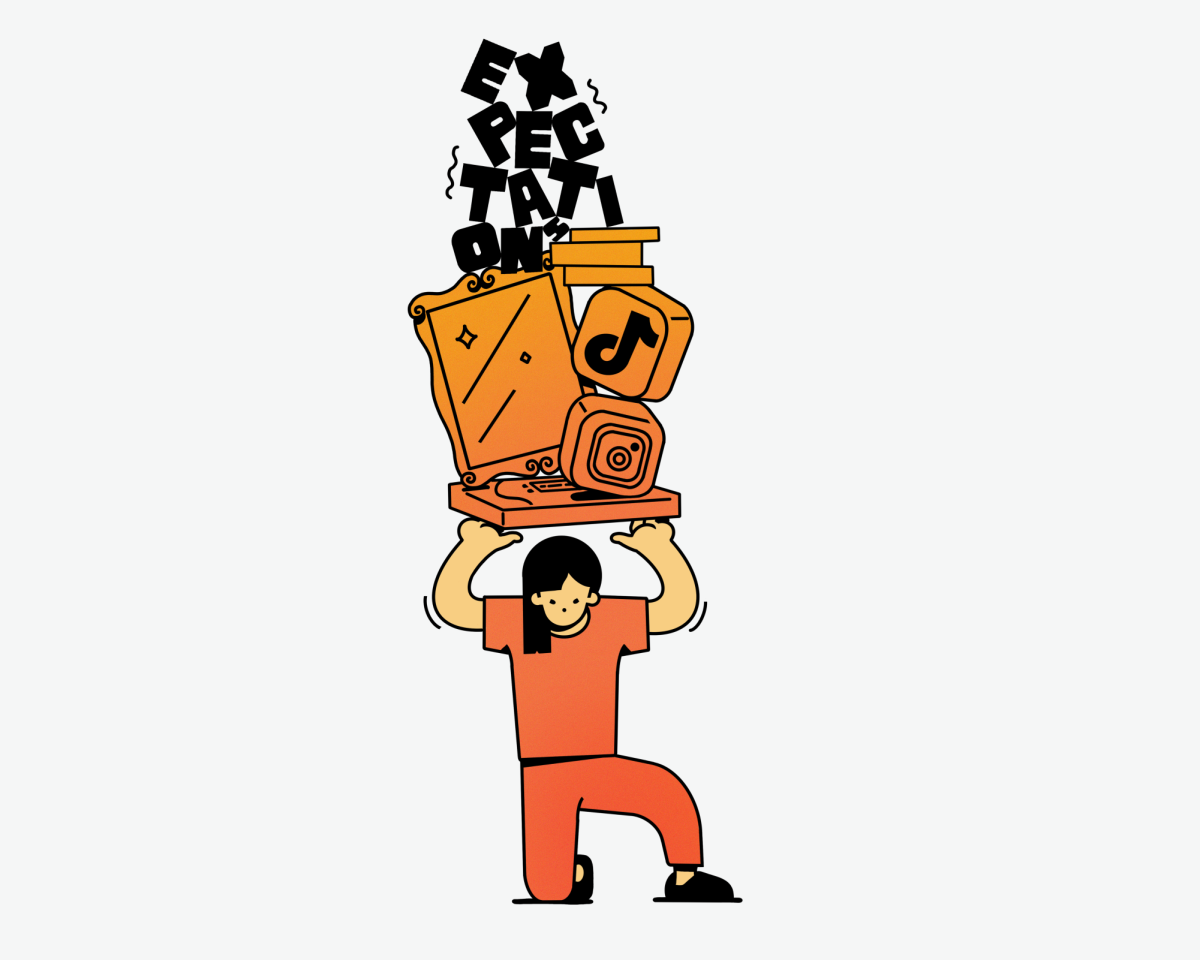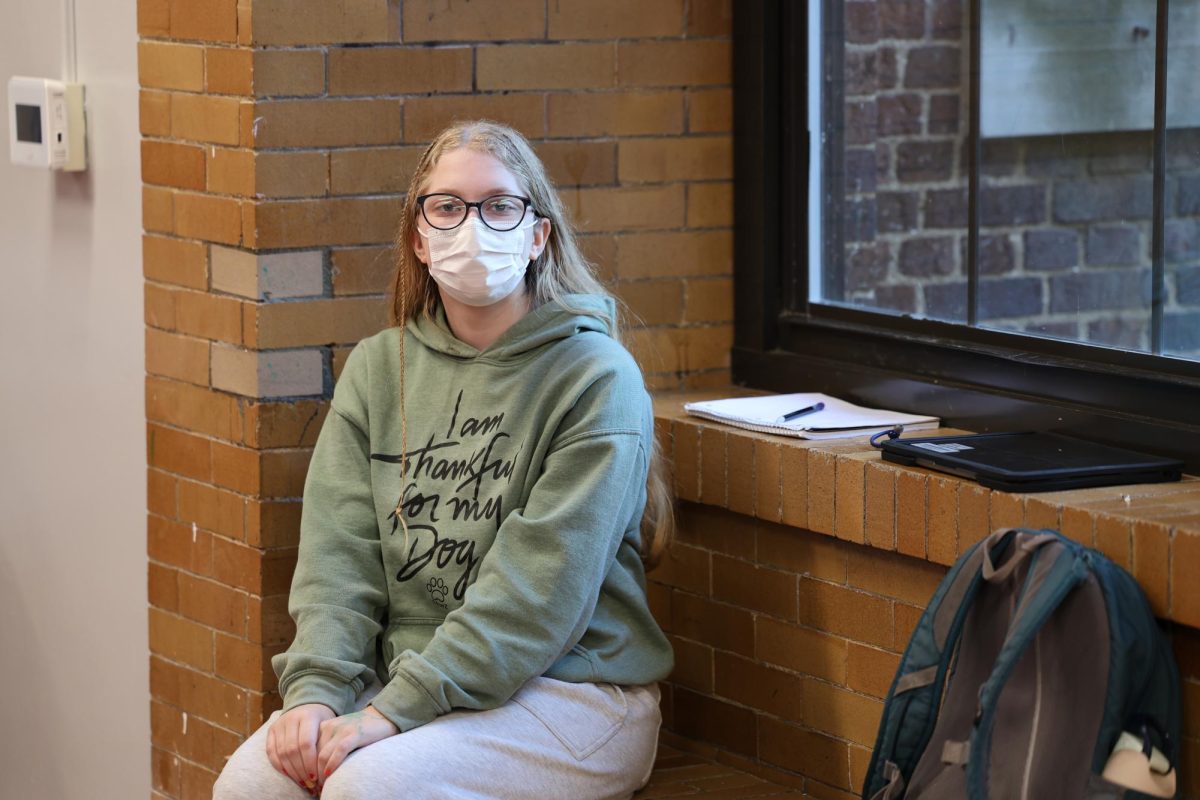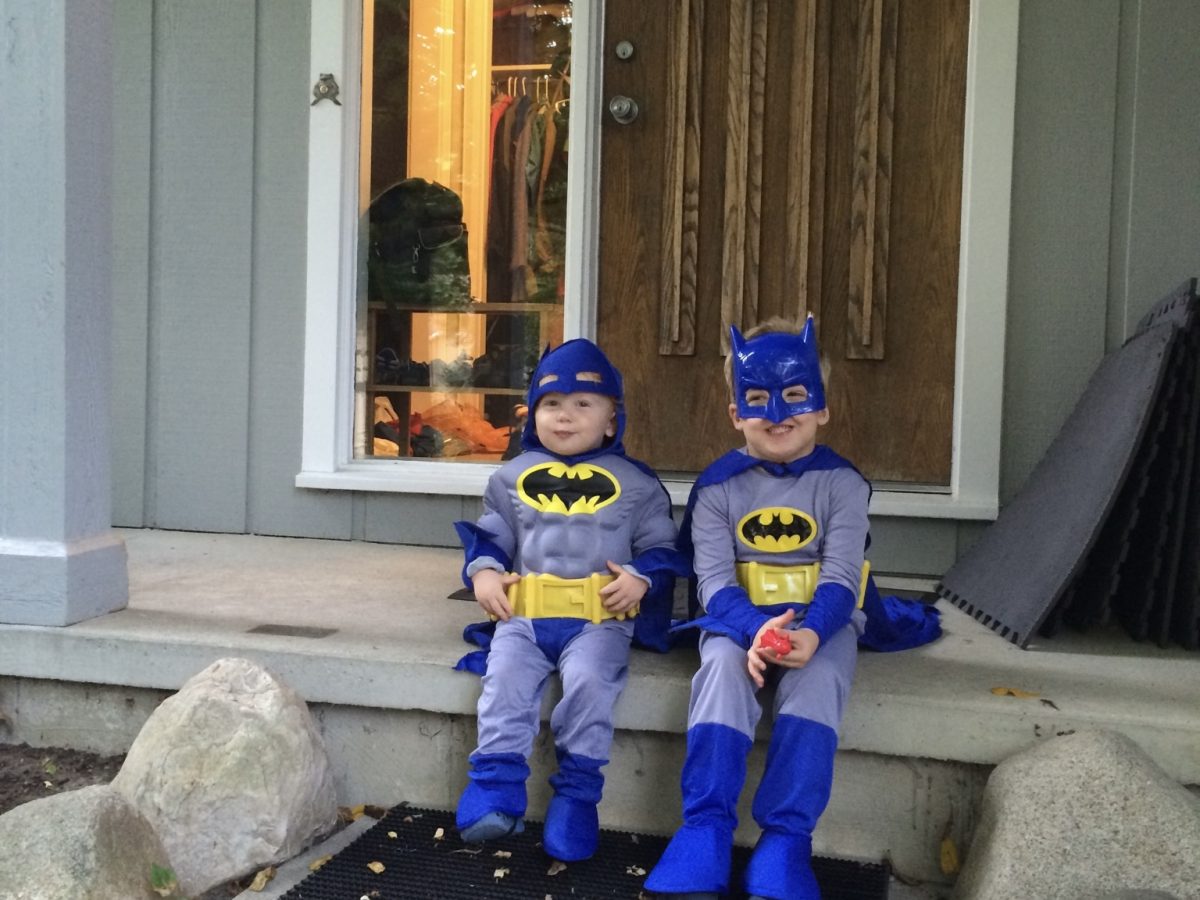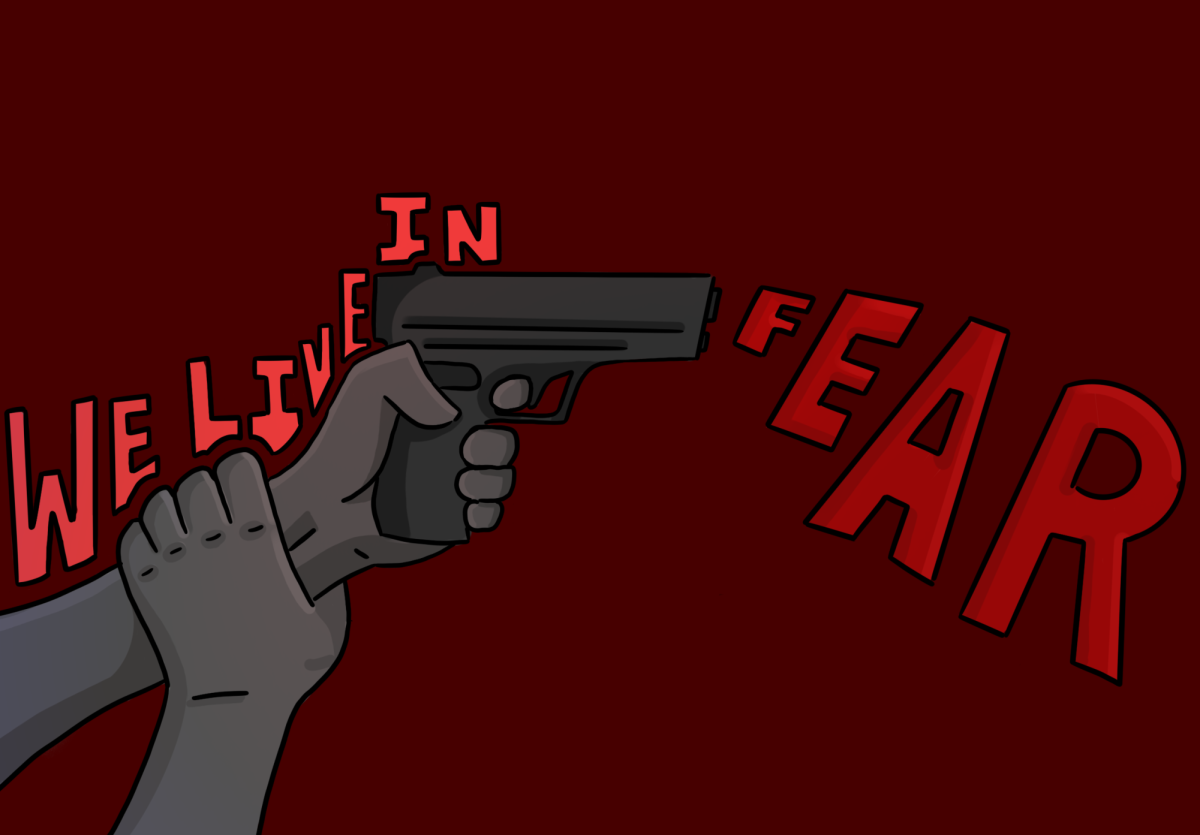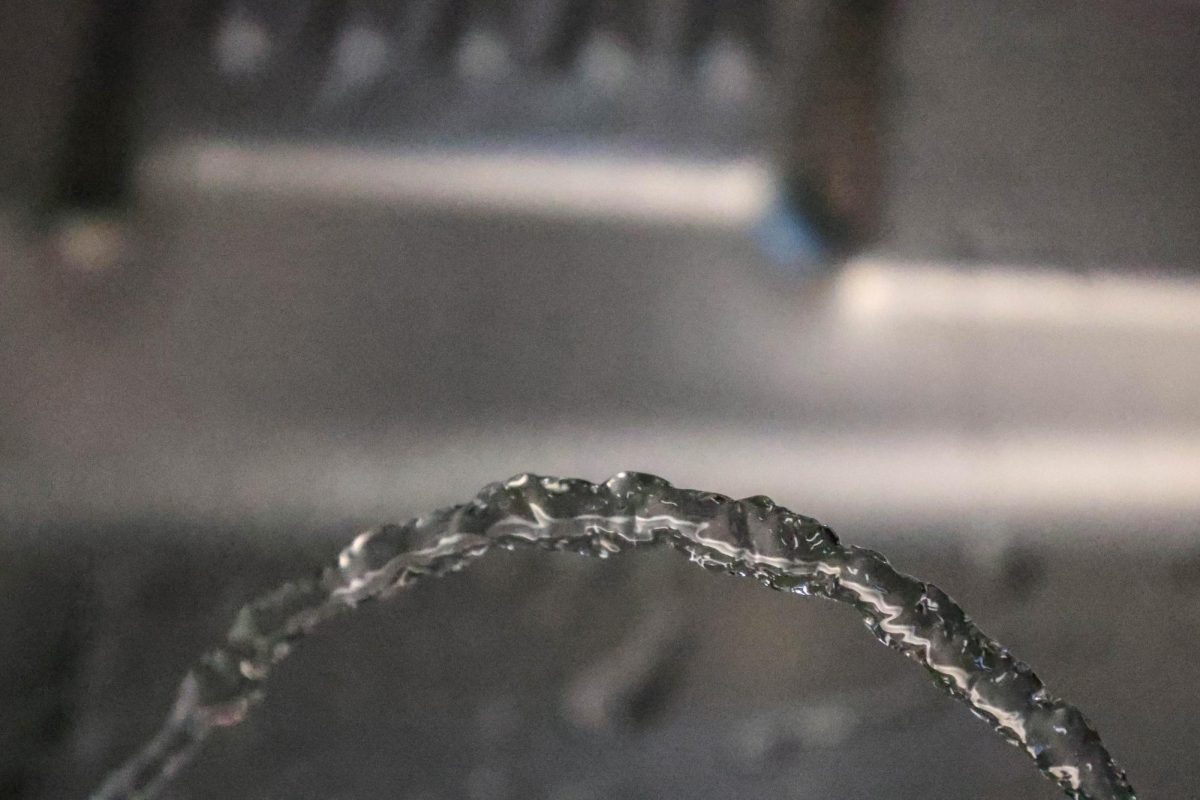We are our own worst critics.
As I open the door and walk out of the bathroom stall, I’m greeted by a mirror staring back at me. In it, other girls are washing their hands, fixing their makeup, gathering for a picture while I’m picking myself apart. My hair is greasy, my shirt isn’t sitting right, I ate too much for dinner last night. The list never ends. As the warm water rushes over my hands and the soap machine plays its familiar squeaky song, I avoid my own gaze in the reflection ahead.
Small waist, big chest, slender arms and glowing skin. As the list of ideal features grows longer with age, it feels harder and harder to get to a point of desired “perfection.” As I finally meet my own eyes in the mirror, I wonder if I will ever be happy with the person looking back at me, the reflection I have grown to resent. My mind races with images of Instagram photos, of other people’s “perfect” features, of the body I’ve convinced myself I’m supposed to have.
Making my way back to class, I suck in my stomach and plaster a smile on my face as I pass friends in the hallway. When I sit down, my legs lift off the chair and my hands find their way around my stomach. Subconsciously, I shrink myself down. I find any and every way to protect myself from perceived judgment — I judge myself before they have the chance to.
Rationally, I know that my classmates probably aren’t thinking about my body. They’re caught in the daily hubbub of the math problems or music notes or econ worksheets sitting in front of them. And yet my stomach doesn’t relax; I wait until I get home to eat lunch.
My experience is not unique; our experiences are not unique.
Ann Arbor-area sophomore Ella Martin* knows what it feels like to belittle herself. It first started during the COVID-19 pandemic when her body was rapidly changing and she was isolated to learning within the confines of her bedroom; it ramped up when she returned to the classroom and her male classmates felt the need to comment on her newfound features. By freshman year, she developed an eating disorder. It consumed her every moment: she couldn’t walk down stairs without a pounding headache, she couldn’t make it through the day without a dizzy spell or three and she definitely couldn’t ask for help.
“My eating disorder started overtaking my life,” Martin said. “It felt so lonely. It was something that felt so secretive. It was something that I didn’t want to tell anybody about.”
For most of her life, she had been the person who others came to for support: the listener. But now, Martin was the one who needed help and she didn’t know how to reach out, even though she knew she needed to. Her obsession with watching the number on the scale go down was “almost addicting.”
If these habits continued much longer, she likely would have been hospitalized. Fortunately, she had someone in her corner. Through the help of an older student, Martin was able to work her way to recovery. She realized that in order to recover, she needed to shift her focus away from constant thoughts of what she was — and wasn’t — feeding her body, and move into a place of appreciation. Through this change in mindset, she was slowly able to rebuild healthy habits.
Martin wasn’t the only person who noticed a change after COVID-19. Samantha Winnie, lead clinical social worker for the U-M Comprehensive Eating Disorders Program, has noticed a spike of patients medically admitted due to eating disorders in the years following the pandemic.
“We see people that have needed to be medically admitted for 30, 40, 50 days due to how severely impacted their bodies have been from not getting enough food,” Winnie said. “The medical severity [since the pandemic] has increased a lot, and that feels scary.”
We wonder when the mirror went from a place for silly faces and cleaning up to a battleground for confidence and a place of constant judgment. My body was never something I thought about when I was little, but now, it is a thought that consumes me.
But just because there’s a problem doesn’t mean it’s unsolvable. As a society, we can come together to combat the issue. Although it can be scary to speak to others about, it is so much better to share our struggles and bring them to light instead of struggling silently.
“For anybody out there who is struggling, I want you to know that you’re not alone and that everything is going to be okay,” Martin said. “You don’t have to figure it out by yourself. We can figure it out together, all of us, as a society. We can all figure it out together. Nobody has to figure it out alone.”
*The student source for this article has been attributed to a pseudonym to protect their identity. If you need help, see Missy or Brian or your forum leader to connect you to resources.



